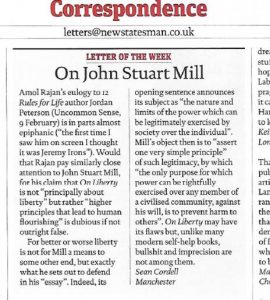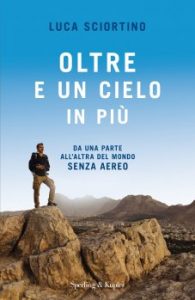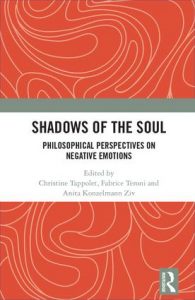Open University Inaugural Lecture
(A live video-link to this event is now available via the official event page.)
Heritage in War: Protecting Cultural Property and Human Harm
Derek Matravers, Professor of Philosophy
Faculty of Arts and Social Sciences
Tuesday 17 July
6:00 – 7:00 pm
The Open University, Walton Hall, Milton Keynes, MK7 6AA
We are delighted to invite you to Professor Derek Matraver’s inaugural lecture on: Heritage in War: Protecting Cultural Property and Human Harm.
Derek Matravers is Professor of Philosophy at The Open University. Before joining the OU, he was a research fellow at Darwin College Cambridge. He is the author of Art and Emotion (OUP: 1998), Introducing Philosophy of Art In Eight Case Studies (Routledge: 2012), Fiction and Narrative (OUP: 2014), and Empathy (Polity: 2017). He has also published on aesthetics, ethics, mind, and politics.
In his inaugural lecture, Professor Matravers, will explore whether we should risk lives to protect historical buildings. He will go on to assess the values of buildings and our deeper obligation to not kill human beings. As the UK recently ratified the 1954 Hague Convention for the Protection of Cultural Property in the Event of Armed Conflict, the UK Military are now bound by the articles of this convention. As a result, failing to protect cultural property, or damaging it unless there is a military necessity to do so, is a war crime. Professor Matravers will explore the ethical dilemma around this which is bound up with ‘just war theory’, which goes back at least to medieval times.
Event programme:
18:00-18:45 Heritage in War: Protecting Cultural Property and Human Harm
18:45-19:00 Q&A
19:00-19:45 Drinks and canapes
Can’t join in person? Watch the event live online (link will be live before the event). If you are viewing the event by livestream, please do take the opportunity to have your questions answered by our speakers LIVE during the event by posting in the COMMENTS BOX
There will be time for questions and comments. We very much hope you will be able to attend what promises to be an inspiring event and have your say.




